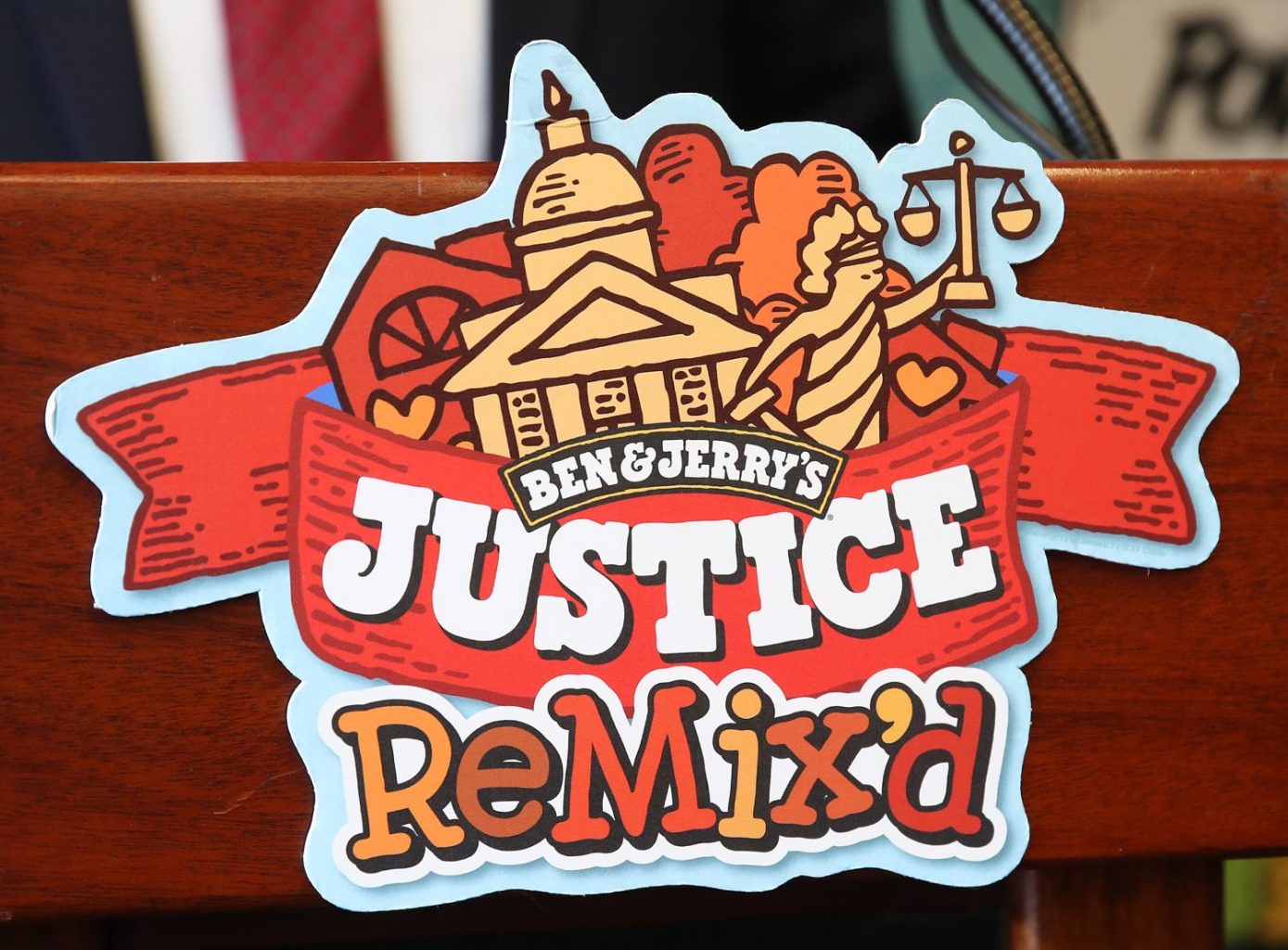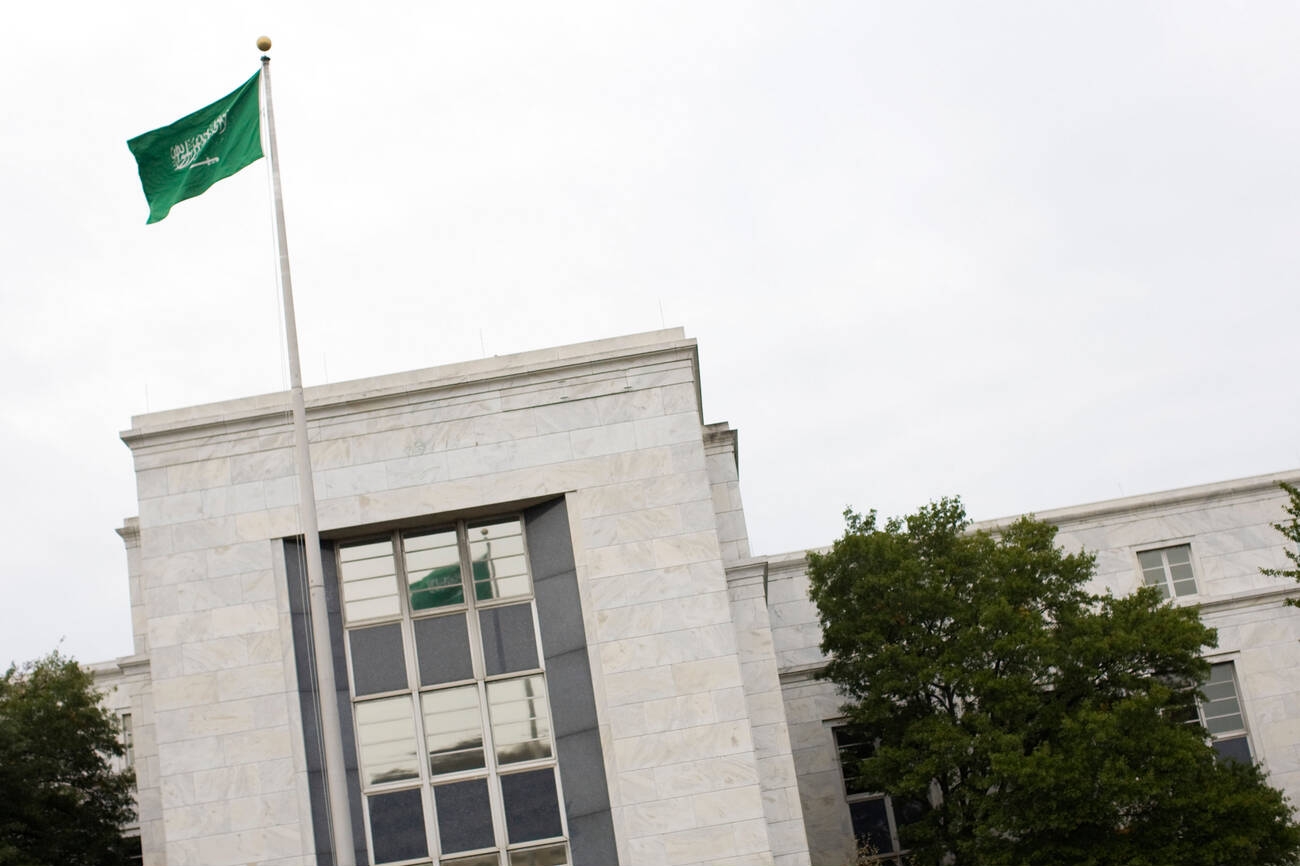Ben & Jerry’s has recently come under fire for stopping sales in the West Bank, a decision that some Israelis believe is indicative of the ice cream company’s support for the pro-Palestinian Boycott, Divestment and Sanctions (BDS) movement.
The company unveiled its decision in a statement late July, where it curiously addressed West Bank as “occupied” territory.
“We believe it is inconsistent with our values for Ben & Jerry’s ice cream to be sold in the Occupied Palestinian Territory (#OPT),” Ben & Jerry’s said on its website. “We also hear and recognize the concerns shared with us by our fans and trusted partners.”
The company doubled down on its decision even after its longtime Israeli distributor, Avi Zinger, said he would disregard the boycott, ending a quarter-century of partnership.

“We have informed our licensee that we will not renew the license agreement when it expires at the end of next year,” read the statement.
The move has been hailed in many activist circles as a bold step towards joining the BDS movement, which has over the past years attracted support from companies and business owners around the world.
While the extent of the movement’s financial damages remains unknown, many Israeli officials have over the past years warned that if not stopped, the BDS movement will adversely affect Israel’s image.
Israel’s new government has been up in arms about the decision, pulling all sorts of strings in its push to punish the company and its parent company Unilever, which has defended the decision.
Only days after the announcement by Ben & Jerry’, Tel Aviv instructed Israeli diplomatic missions in North America and Europe to “encourage Jewish organizations, pro-Israel advocacy groups and evangelical communities to organize demonstrations in front of Ben & Jerry’s and #Unilever offices and put pressure on investors and distributors for both companies,” Axios reported, citing a secret cable.
The diplomats were also told to “push for the activation of anti-BDS legislation in several states.”
The cable also tied the move to “antisemitism.”

One such protest has already been held in Vermont, where Jewish residents have peacefully gathered outside the company’s factory in Waterbury to protest the decision.
Anti-protesters have also showed up at the site to peacefully voice their support for the decision.
The company’s co-founders Ben Cohen and Jerry Greenfield, who no longer own the ice cream franchise, have also supported the decision.
“As Jewish supporters of the State of Israel, we fundamentally reject the notion that it is anti-Semitic to question the policies of the State of Israel,” they wrote in an op-ed with the New York Times.
From the looks of things, Israel doesn’t stand much chance in its quest to force the company to reconsider.
The BDS movement came into life as the direct result of Israel’s own actions.I
Only a few weeks ago, the Israeli military was accused by the UN Human Rights Council of indiscriminately bombing civilian targets in Gaza, including a building that housed Associated Press and other international news agencies.
If anything, Ben & Jerry’s decision shows that the Israeli government needs to review its own actions instead of forcing companies to overstep their moral standards.
Tel Aviv needs to understand that the pressure campaign it is organizing against the supporters of the BDS would only backfire and bring more attention to its human rights record, encouraging more businesses to join.


















